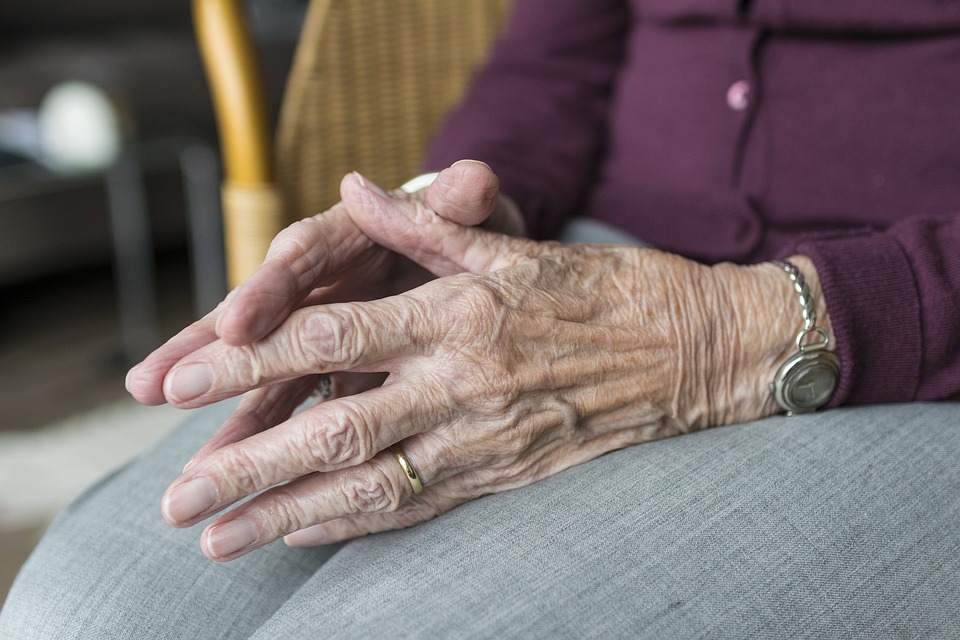Media Release
From: American College of PhysiciansAggressive and agitated behaviors in dementia are better treated without medications
Nonpharmacologic treatments, such as massage and touch therapy, seemed to be more effective than pharmacologic treatments for reducing aggression and agitation in adults with dementia. Findings from a systematic review and meta-analysis are published in Annals of Internal Medicine.
Both pharmacologic treatments, such as antipsychotics and antidepressants, and nonpharmacologic treatments, such as exercise and massage therapy, are used to treat neuropsychiatric symptoms in persons with dementia. Despite the risk for potential harms, drug prescribing remains high.
Researchers from the Li Ka Shing Knowledge Institute, St. Michael’s Hospital-Unity Health Toronto reviewed 163 published randomized controlled trials comparing interventions for treating aggression and agitation in adults with dementia to compare the efficacy of pharmacologic and nonpharmacologic treatments. Across five outcomes, multidisciplinary care, massage and touch therapy, music therapy, music combined with massage and tough therapy, and cognitive stimulation were clinically effective compared with usual care. Although certain pharmacologic treatments (dextromethorphan–quinidine and cannabinoids) were effective compared to placebo or usual care in subgroup analyses, the authors note that effective nonpharmacologic treatments should be prioritized given the known harms associated with certain pharmacologic treatments.
According to the authors, these findings suggest that greater emphasis should be placed on nonpharmacologic approaches for treating aggression and agitation in persons with dementia


